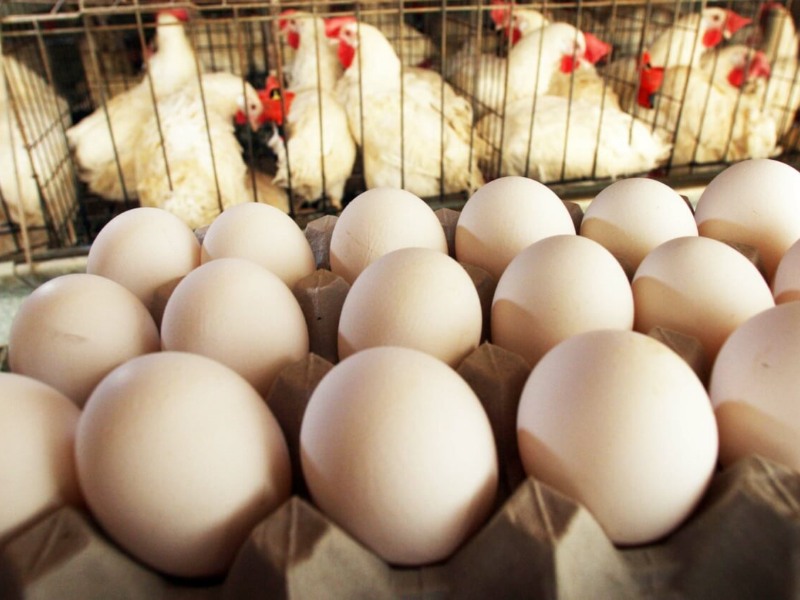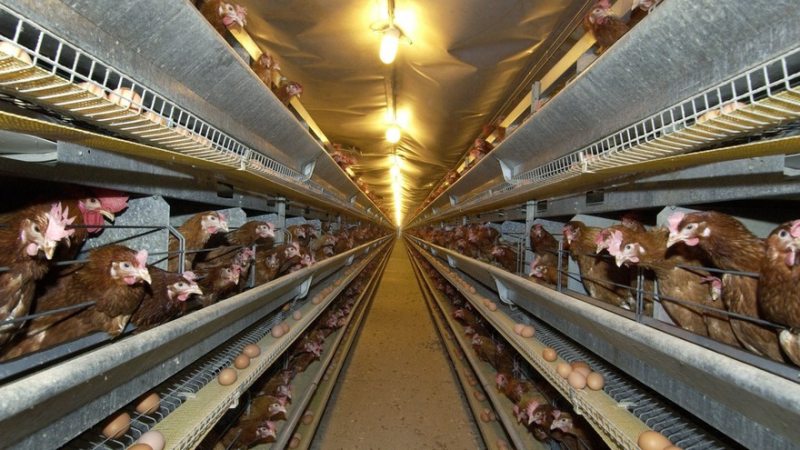
Is it profitable to start a laying hen farm?
Introduction to Starting a Laying Hen Farm
Starting a laying hen farm can be a profitable venture if managed correctly. Laying hens, or layers, are chickens bred specifically for egg production. This type of farming has become increasingly popular due to the consistent demand for eggs as a staple food product. However, the profitability of a laying hen farm depends on several factors including the scale of the operation, cost management, market dynamics, and effective farm management.
Initial Costs to Start a Laying Hen Farm
The initial investment required to start a laying hen farm includes several key expenses:
- Land Acquisition: The cost of land is variable, depending on location. Proximity to markets and feed suppliers can influence land prices and operational efficiency.
- Building Expenses: Constructing hen houses that are secure and conducive to the health of the hens is crucial. Costs vary based on materials, size, and design specifications aimed at optimizing egg production.
- Purchasing Hens: The cost of purchasing young laying hens (pullets) is a significant initial expense. Prices per hen vary depending on breed and age.
- A-Type Layer Cages: Ideal for small to medium-sized farms, these cages are designed for optimal space utilization and easy egg collection.
- Feeding Equipment and Storage: Feeders, waterers, and storage facilities for feed and other supplies are necessary investments.
- Licensing and Insurance: Obtaining the necessary permits and insurance can incur costs that need to be factored into the initial budget.
Operational Costs of Running a Laying Hen Farm
Once established, the farm will incur several recurring expenses:
- Feed: This is the largest ongoing expense. Laying hens require a diet rich in protein and calcium to maintain optimal egg production.
- Healthcare and Maintenance: Routine veterinary care to prevent diseases and maintain the health of the hens is essential. Regular maintenance of facilities is also necessary.
- Labor: Depending on the farm size, you may need to hire staff to help with daily operations, including feeding, cleaning, and egg collection.
- Utilities: Costs for water, electricity, and possibly gas (if heating is required in colder climates) contribute to the operational expenses.
Market Analysis for Egg Production
Understanding the market dynamics is crucial for the success of a laying hen farm:
- Demand for Eggs: Eggs are a high-demand commodity in many markets, but local variations can occur. Research into local and regional consumption patterns is important.
- Pricing Strategies: The price of eggs can fluctuate based on supply, demand, and input costs. Effective pricing strategies can help maximize profitability.
- Competition: Knowing the local competitive landscape can help in positioning your farm effectively. Consider both large commercial producers and smaller, local farms.
- Marketing and Sales Channels: Developing strong relationships with buyers—whether retail, wholesale, or direct consumer sales—can stabilize revenue streams.
Profitability and Return on Investment (ROI) for a Laying Hen Farm
To determine the profitability and potential ROI from a laying hen farm, consider the following:
- Break-even Analysis: Calculate how long it will take for the initial investment and ongoing expenses to be covered by income from selling eggs.
- Cost Management: Keeping operational costs under control can significantly impact profitability. This includes sourcing affordable, high-quality feed and minimizing waste.
- Production Efficiency: The productivity of hens, measured by the number of eggs produced per hen, is critical. Factors influencing productivity include breed, diet, and overall farm management practices.
- Scalability and Expansion: As the farm becomes profitable, consider scaling up operations to increase production capacity and revenue.
Starting a laying hen farm involves significant planning and investment, but with careful management, it can become a profitable endeavor. The key to success lies in understanding and managing initial and operational costs, analyzing the market effectively, and continuously optimizing production practices. With the right strategies, a laying hen farm can provide a steady source of income through the sale of eggs, making it a worthy investment for those interested in agriculture and animal husbandry.

